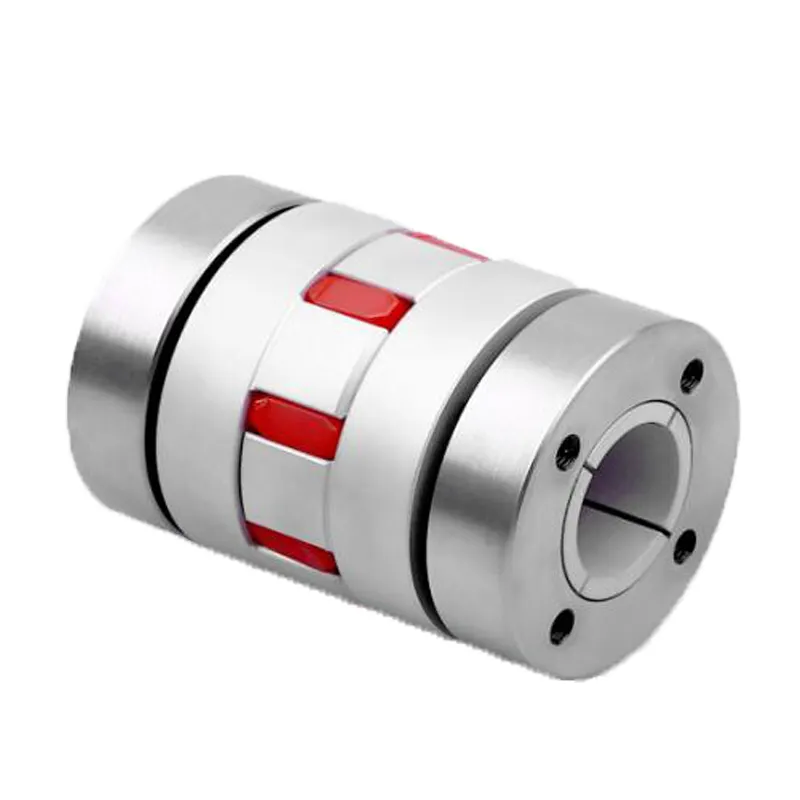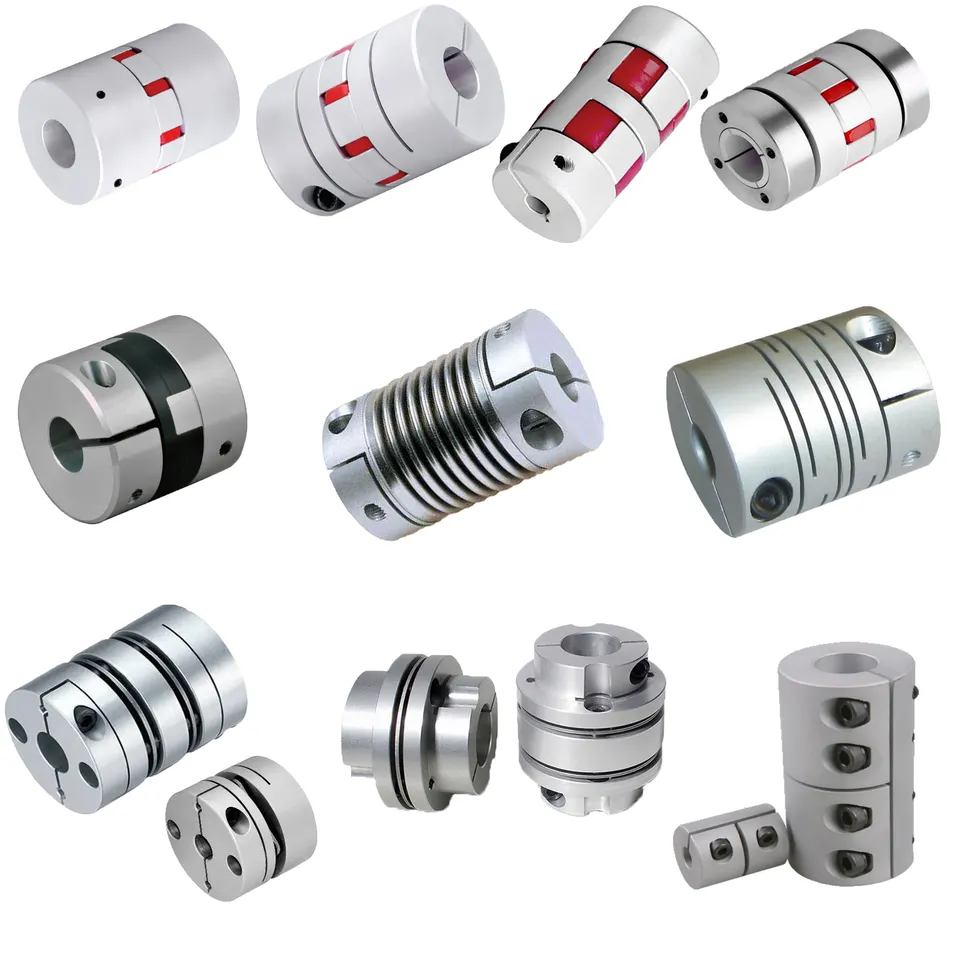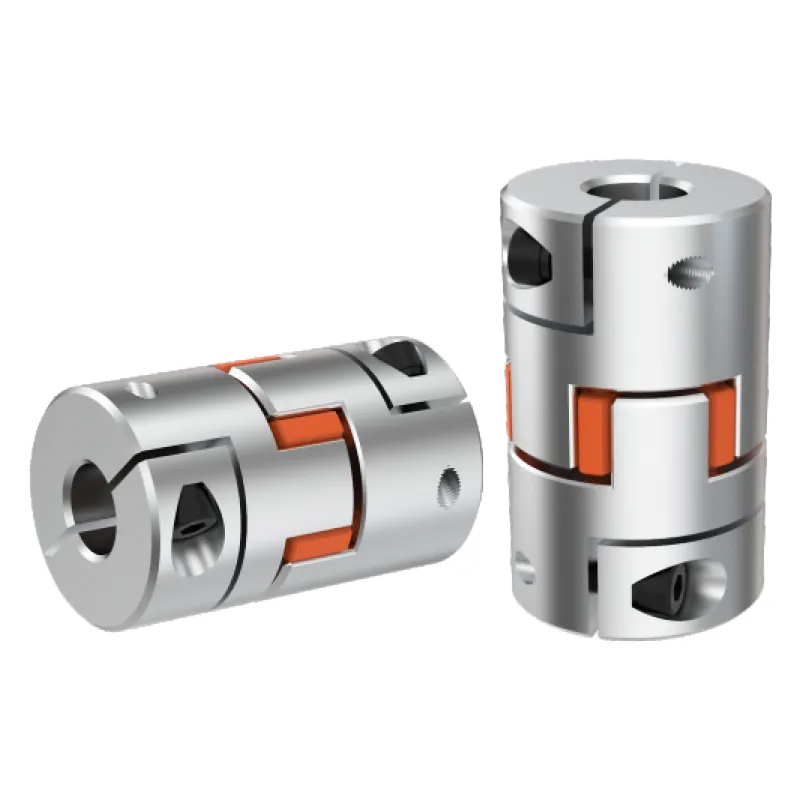Product Description
Product description
|
Material |
Materials for silicon,fluorine,NBR,FPM,EPDM,SILCONE ACM,HNBR |
| Inspection Equipments | Excellent chemical and physical property, excellent oil- resistance, high temperature stability, etc. |
| Tolerance | +-0.05mm |
| Drawing Format | PDF/DWG/DXF/IGS/STEP,etc |
| Application field | Parts are used on vehicles, printing machines, food processing machines, textile machines, electronic machines, etc. |
| Manufacturing process | CNC machining Broaching, Drilling, Milling, Other Machining Services, Rapid Prototyping, Turning, |
| Shape | As per your drawing Or the sample |
| Color service | customization |
| QC inspection |
Make sure 100% inspection before the delivery |
| Advantages | Maintenance,acturally HRC coupling doesn’t need maintenance |
| Environmental, elastic components make HRC coupling applies to a variety of working conditions | |
|
Reliable transmission, in case of elastic component is damaged, the dog segment wichcasted siamesedly still keep the transmission processing reliably |
|
|
Economic, HRC couplings have already been made of optimization design,which make transmission power match the transmission shaft diameter |
|
| Good recovery capacity, elastic components can reduce the load at the CHINAMFG moments, and the deviation is a major consideration when designing. | |
|
Adaptability of misalignment, HRC can coupling contains parallel shift, angle shift and axis shift which |
Application and analysis
Our warehouse
Custom rubber parts
Custom plastic parts
Packing & Delivery
Packaging Details
plastic bag packing inside, carton packing outside, or customized packing.
Port
Xihu (West Lake) Dis.g port, ZheJiang city
Lead Time :
| Quantity(Pieces) | 1 – 1000 | 1001 – 10000 | 10001 – 50000 | >50000 |
| Est. Time(days) | 5 | 12 | 18 | To be negotiated |
Company Profile
Company Brief Introduction:
CHINAMFG CHINAMFG RUBBER & PLASTIC CO.,LTD was founded in 2000. The factory located in industrial zone of HangZhou city, ZheJiang province, china.
We have Plastic injection molding workshop and rubber compression molding workshops.
Our main products includes Bakelit Knobs,Pull Handle,rubber door stops, door guard, roller, rubber bumpers, Rubber grommets, vibration dampers, seals, plastic corner, injection plastic brackets, injection plastic shell.
to undertake various kinds of rubber molding and plastic injection parts, customize according to drawing and samples.
The products have been exported to America, Europe, Oceania, Middle East, Southeast Asia and other regions and countries, and hope to build more business Cooperation with new client from all over the world.
FAQ
Q1: Are you a manufacturer or a trading company?
A1: We are the original manufacturer of custom rubber parts and custom plastic parts.
Q2: Where is your company located?
A2: Our company is located in HangZhou City, ZheJiang Province, China.
Q3: Could I get free samples?
A3: We could provide small samples for free, but air freight or sea freight should be borne by customer side.
Q4: What should I provide in order to get an offer?
A4: Customers are required to provide material, inner diameter, outer diameter, cross section distance and quantity.
Q5: How is the goods packed by your factory?
A5: The goods are normally packed by plastic bags, carton boxes with pallets or wooden boxes.
Q6: What are the incoterms applied?
A6: The incoterms applied are FOB, CIF and CFR.
Q7: What are the payment terms accepted?
A7: We accept Alibaba Trade Assurance, T/T, L/C and West Union.
Q8: What about the delivery time?
A8: The goods are normally dellivered to customer side within 7-30 days based CHINAMFG the mode of transport required.
/* January 22, 2571 19:08:37 */!function(){function s(e,r){var a,o={};try{e&&e.split(“,”).forEach(function(e,t){e&&(a=e.match(/(.*?):(.*)$/))&&1
How do jaw couplings handle shaft misalignment in rotating equipment?
Jaw couplings are mechanical devices used in rotating equipment to connect two shafts and transmit torque. One of the key advantages of jaw couplings is their ability to handle shaft misalignment. Shaft misalignment can occur due to various reasons, including manufacturing tolerances, thermal expansion, foundation settling, or general wear and tear. Jaw couplings can accommodate misalignment in three primary ways:
- Angular Misalignment: Jaw couplings can handle small angular misalignments between the connected shafts. The flexible nature of the elastomer spider (the central element in the jaw coupling) allows for a certain degree of angular movement between the hubs without exerting excessive forces on the connected equipment.
- Parallel Misalignment: Parallel misalignment occurs when the two shafts are not perfectly aligned in a straight line. Jaw couplings can tolerate some amount of parallel misalignment due to the flexibility of the elastomer spider. This flexibility allows the hubs to move slightly relative to each other, thereby reducing the transmission of misalignment-induced forces to the equipment.
- Axial Misalignment: Axial misalignment refers to the offset between the axial positions of the connected shafts. While jaw couplings are primarily designed for torque transmission and misalignment compensation in angular and parallel directions, they can also handle minor amounts of axial misalignment due to the elastomer spider’s ability to absorb limited axial movement.
It is essential to note that jaw couplings have their limits in handling misalignment. Excessive misalignment beyond their design capabilities can lead to premature wear, reduced coupling life, and potential damage to the connected equipment. Therefore, it is crucial to understand the specific misalignment limits of the jaw coupling being used and ensure that the equipment operates within those limits.
In summary, jaw couplings handle shaft misalignment in rotating equipment by utilizing the flexibility of the elastomer spider to accommodate small angular, parallel, and axial misalignments. This feature helps protect the connected equipment from the detrimental effects of misalignment and ensures smooth and reliable operation.
What are the common signs of wear and failure in jaw couplings?
Jaw couplings are reliable components, but like any mechanical part, they can experience wear and eventually fail if not properly maintained or replaced when necessary. Here are some common signs of wear and failure to look out for in jaw couplings:
- Excessive Vibration: Increased vibration during operation may indicate wear in the elastomer spider or misalignment between the coupling hubs. Excessive vibration can lead to further damage and should be addressed promptly to prevent more significant issues.
- Abnormal Noise: Unusual noises, such as rattling, clanking, or squeaking sounds, can indicate wear, misalignment, or damage in the jaw coupling. A well-functioning jaw coupling should operate smoothly and quietly.
- Visible Cracks or Damage: Inspect the jaw coupling regularly for any visible cracks, tears, or damage to the elastomer spider or coupling hubs. Cracks in the elastomer can lead to reduced torque transmission and compromise the coupling’s performance.
- Loose or Displaced Spider: A loose or displaced elastomer spider may result from wear or improper installation. The spider should fit securely between the coupling hubs. Any sign of misalignment or gaps in the spider indicates potential wear or failure.
- Increased Heat: Excessive heat generation in the jaw coupling could indicate high levels of friction or misalignment, leading to wear on the elastomer spider. Elevated temperatures can accelerate wear and shorten the coupling’s lifespan.
- Shaft Misalignment: If you notice misalignment between the connected shafts, it can be a sign that the jaw coupling is no longer compensating for misalignment properly. This can lead to increased stress on the shafts and coupling components.
- Reduced Performance: A jaw coupling nearing the end of its service life may experience reduced torque transmission and compromised rotational speed control. As the elastomer spider wears, the coupling’s ability to transmit torque efficiently diminishes.
- Unexpected Downtime: Frequent unexpected shutdowns or downtime may indicate coupling failure. Sudden coupling failure can lead to costly equipment damage and unplanned production halts.
It is essential to conduct regular maintenance and inspections to detect these signs of wear and failure early. Preventive measures such as proper lubrication, alignment checks, and timely replacement of worn elastomer spiders can extend the life of the jaw coupling and prevent unexpected failures.
If any of these signs are observed, it is advisable to consult coupling manufacturers or maintenance professionals for a thorough assessment and appropriate corrective actions.
Materials Used in Manufacturing Jaw Couplings
Jaw couplings are commonly made from various materials, each offering different properties and suitability for specific applications. Some of the commonly used materials include:
- Polyurethane (PU): PU jaw couplings are known for their flexibility, high elasticity, and resistance to abrasion. They are ideal for applications requiring vibration dampening and shock absorption.
- Aluminum: Aluminum jaw couplings are lightweight, corrosion-resistant, and have good thermal conductivity. They are commonly used in low-to-medium torque applications.
- Steel: Steel jaw couplings offer high strength and durability, making them suitable for heavy-duty applications with high torque requirements.
- Stainless Steel: Stainless steel jaw couplings are resistant to corrosion and are often used in applications where there is exposure to moisture, chemicals, or harsh environments.
- Bronze: Bronze jaw couplings are known for their excellent wear resistance and low coefficient of friction, making them suitable for applications with high-speed and low lubrication.
- Acetal: Acetal jaw couplings provide good chemical resistance and low moisture absorption, making them suitable for applications where chemical exposure is a concern.
- Nylon: Nylon jaw couplings offer good strength, flexibility, and resistance to wear and chemicals, making them suitable for various industrial applications.
The choice of material depends on factors such as torque requirements, environmental conditions, operating speeds, and budget considerations. Engineers and designers select the appropriate material to ensure that the jaw coupling can perform optimally and withstand the demands of the application.
editor by CX 2024-04-03




